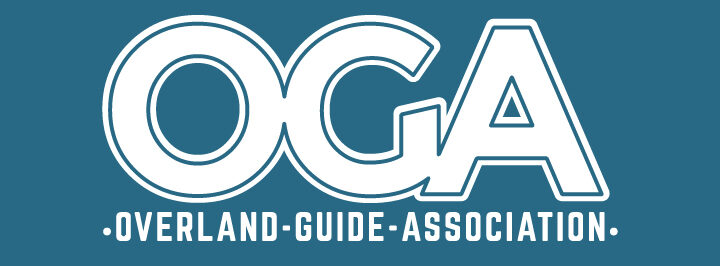Group Management
Travelling and adventuring with others is fantastic and challenging, the biggest challenge is looking after the group, meeting the needs of the individual and ensuring they get what they came for.
Travelling and adventuring with others is fantastic and challenging, the biggest challenge is looking after the group, meeting the needs of the individual and ensuring they get what they came for.
Group management and leadership skills are crucial on remote expeditions for several reasons:
Group management and leadership skills are indispensable on remote expeditions, ensuring the safety, cohesion, and success of the group in challenging and unpredictable environments.
No, however, there is a lot of legislation that accompanies high risk activities. As a professional guide you must know these rules. attending our courses gives you a wealth of knowledge that has been deemed over decades of experience guiding and leading in the adventure industry within government and private adventure companies. Remember ignorance is no defence in the eyes of the law.
You can attend a combined course where the First Aid Skills and the Guides Course are taught back to back or you can source your own First Aid certification prior to attending, however, you will need a qualification that is a minimum of 18hr First Aid at Work, this course must meet your needs that you have identified in your First Aid Risk Assessment. This will not be a standard First Aid Course, it must address the types of injuries and illness that could affect your team in the environments you work in; Remote, very high mechanisms of injury and far from help
Yes, you will have prior experience to access the level 2/3/4 Guides courses.However the Level 1 course is available for applicant with limited commercial experience (level 1 Guide will be supervised by Level 2 Guides). A phone conversation initially will help you to decide what is the best course for you.
For all courses you must be able to ride your chosen motorcycle on the terrain you are planning to operate in. The all terrain Guides courses that are currently being rolled out require you to be able to ride what is considered broken unsurfaced roads confidently. We will provide you a destination that represent the level of difficulty – eg The wayfarer trail in North Wales.
You must be able to navigate with your chosen device- Smart Phone or dedicated GPS. The pre-requisites allow us to concentrate on the role of a guide and their tasks. We will not be teaching you to ride.
This is a Guides course not an instructors course. The two roles are very different and its important to be able to ensure the safety of yourself and your clients to know the parameters of your role. It is common to have an OGA Guide who also holds a coaching qualification.
Courses are below industry standard because it’s ran by passionate individuals who are here to help the industry. This type of adventure has serious risks, we don’t want anyone else to lose their life or become seriously injured whilst participating in our amazing trips. If we can prevent one injury or help and care for an injured rider then we have achieved our goal.
